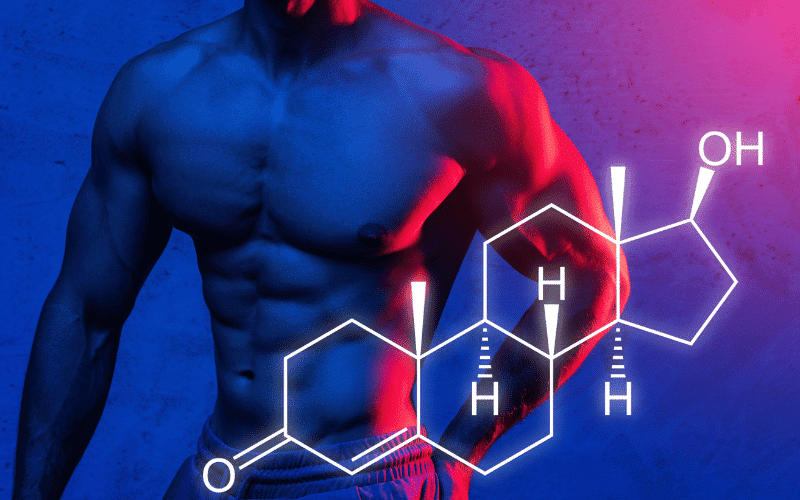Frequently Asked Questions

What causes low testosterone levels in men?
There are several possible causes of low testosterone levels in men. These can include natural aging, injury or infection of the testicles, obesity, chronic medical conditions (such as diabetes or liver disease), certain medications, and genetic factors. Additionally, lifestyle factors such as poor diet, lack of exercise, and chronic stress can contribute to low T levels.
How is low testosterone diagnosed?
Low testosterone is typically diagnosed through a combination of a physical examination, a review of your medical history, and blood tests to measure your testosterone levels. In some cases, additional tests may be performed to rule out other potential causes of your symptoms or to assess your overall health.
What are the treatment options for low testosterone?
Treatment options for low testosterone can vary depending on the underlying cause and severity of your symptoms. Common treatments include testosterone replacement therapy (TRT), which can be administered through injections, gels, patches, or pellets. Lifestyle changes such as improving diet, increasing physical activity, and managing stress may also help improve low T levels. In some cases, other medical interventions may be recommended to address the underlying cause of low testosterone.
Are there any risks or side effects associated with testosterone replacement therapy?
While testosterone replacement therapy can be an effective treatment for low testosterone, it does carry some potential risks and side effects. These can include acne, oily skin, increased risk of blood clots, sleep apnea, decreased sperm count, and an increased risk of prostate issues. It’s important to discuss these risks and side effects with your healthcare provider before starting TRT to ensure it’s the right treatment option for you.
Can natural remedies or supplements help improve low testosterone levels?
A: Some natural remedies and supplements claim to help improve low testosterone levels, such as D-aspartic acid, vitamin D, and zinc. While these supplements may help support overall health and hormone balance, they may not be sufficient to treat clinically low testosterone levels. It’s essential to consult with a healthcare professional before starting any new supplement regimen, especially if you suspect low testosterone levels.
Conclusion: Addressing Low Testosterone Symptoms and Regaining Control
Recognizing and addressing the symptoms of low testosterone is crucial for maintaining overall health and well-being. If you suspect that low T might be at the root of your health concerns, don’t hesitate to consult with a healthcare professional. They can help determine the underlying cause of your symptoms and recommend appropriate treatment options, such as testosterone replacement therapy, lifestyle changes, or other medical interventions.
By addressing the issue of low testosterone head-on, you can regain control of your life and begin the journey towards improved health, well-being, and overall quality of life.